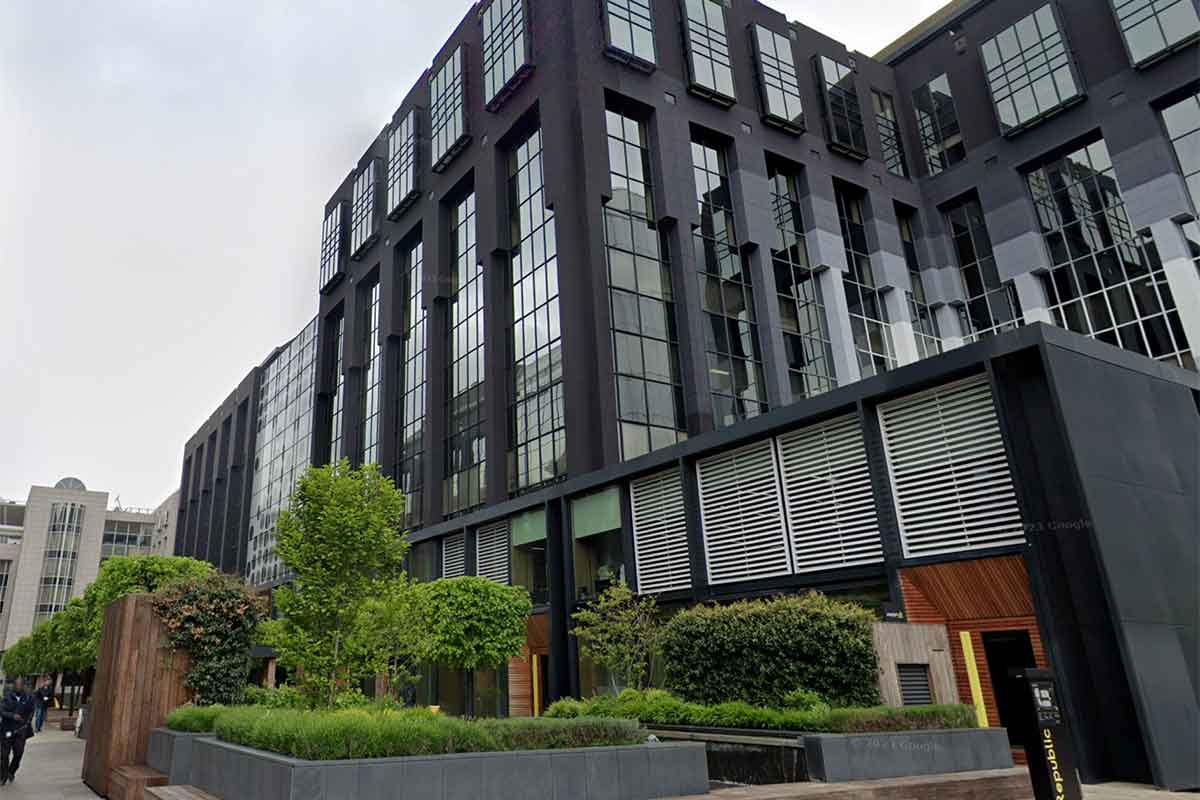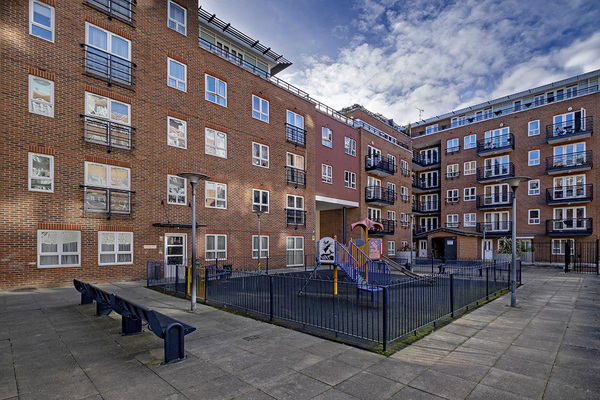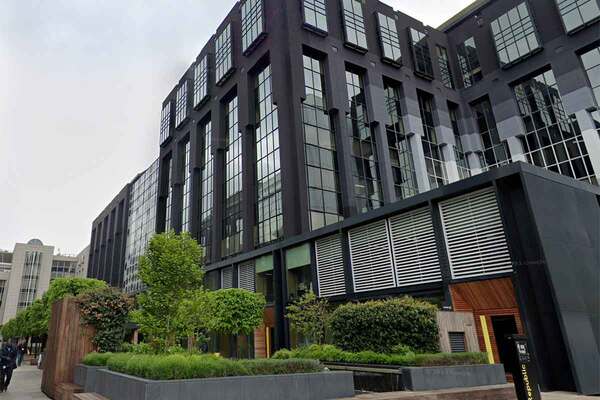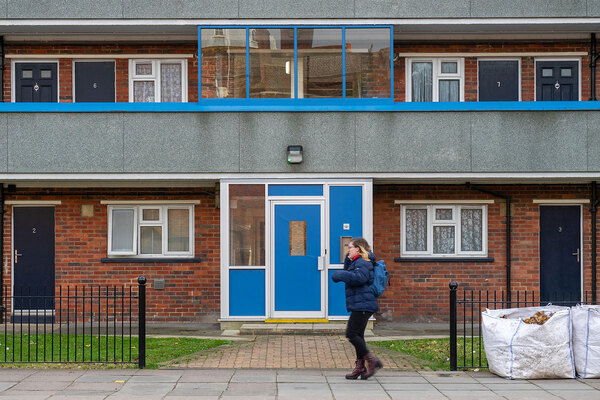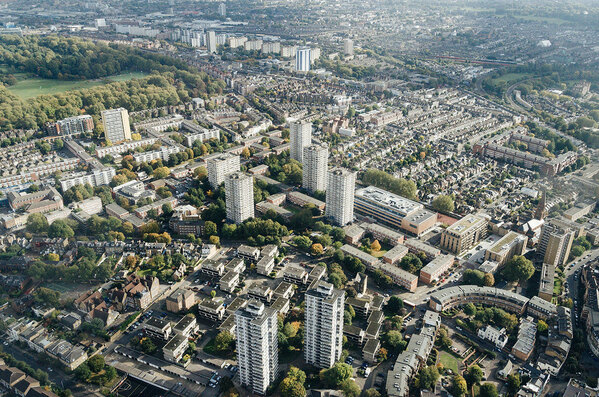You are viewing 1 of your 1 free articles
London landlord to pay out £95,000 after race discrimination case backed by EHRC
One current and one former employee of a major London housing association have been awarded a total of £95,000 after a tribunal ruled they had been discriminated against during an internal recruitment process.
The employment tribunal found the employees were both discriminated against by 105,000-home L&Q when they were overlooked for promotions.
The compensation, set by a remedy hearing, follows a decision in April that found the association had exercised unconscious bias in its handling of an internal recruitment process both women had been part of.
Both cases were supported by the Equality and Human Rights Commission (EHRC).
Baroness Kishwer Falkner, chair of the EHRC, said employers “have a responsibility to ensure their interview processes are fair and that they have systems in place to prevent discrimination from occurring”.
The G15 landlord said it had since taken steps to review its policies and procedures around recruitment, which will be relaunched shortly.
The case was brought to the East London Tribunal Hearing Centre by the two claimants, who alleged there were breaches of the Equality Act 2010 in the way they were overlooked for a promotion.
The process began at the housing association in March 2022 and involved appointments to three new roles in its strategic sales department.
Six candidates applied for the roles, including three white people and three people of colour.
After the interviews, the judge found the “scoring process was inconsistent” when assessing each candidate.
Two white candidates were subsequently appointed and the third position was left vacant while an external appointment process would take place.
This was despite two of the candidates of colour scoring just 1.5 points and one point, respectively, below one of the people offered a job.
Following this, the claimants raised a grievance that contained an allegation of racial discrimination. The grievance was not upheld and the claimants appealed the decision in April 2022 before beginning tribunal proceedings.
The tribunal found there was “a subjective layer of decision-making” by the person responsible for recruiting about who they thought would “fit in” and who they were “100% sure of”.
The tribunal document said: “Basing recruitment decisions on such subjective views, or gut feelings, increases the risk of stereotypes and unconscious bias coming into play.”
Following the remedy hearing, both claimants have expressed gratitude for the EHRC’s support, and one hoped that sharing her experience would prevent others from having to go through similar situations.
The other claimant said: “It was deeply upsetting to think that I had been denied a fair opportunity for a promotion because of my race.
“The stress of suffering discrimination and then everything that flowed from that was completely overwhelming.”
David Stephenson, a barrister at Doughty Street Chambers who represented the women, said that support for race discrimination cases was “needed more than ever”.
He added: “The recent riots are indicative of the turbulent and potentially dangerous times in which we find ourselves.
“The EHRC’s support has been a lifeline for so many vulnerable clients who are subjected to racial discrimination and stripped of their mental and physical well-being.”
In response, Fiona Fletcher-Smith, chief executive of L&Q, said: “We acknowledge the tribunal’s finding of race discrimination, and we have offered our sincere apologies to the claimants in this case.
“Inclusion is at the heart of L&Q’s values. Central to that is celebrating the diversity of our colleague and resident bodies, and promoting equality in our workplace, and so we take this judgement, and avoiding all forms of discrimination, very seriously.
“We have reflected carefully on the outcomes, and taken a range of actions to ensure we learn from this judgement and continue to improve. Steps we have taken include reviewing our policies and procedures around recruitment, which will shortly be relaunched, supplementing our existing equality, diversity and inclusion training to include a module on unconscious bias, and organising further training on discrimination in addition to the training and guidance already provided to all our colleagues.”
Sign up for our regulation and legal newsletter
Already have an account? Click here to manage your newsletters
